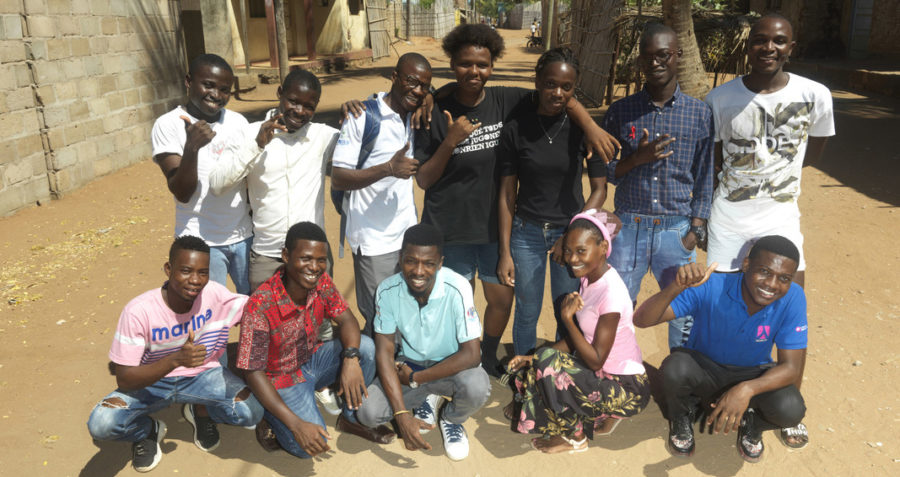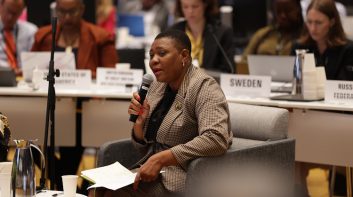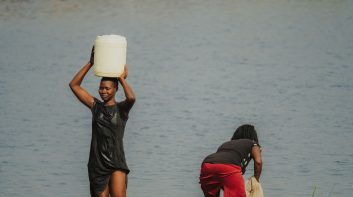Bakar’s story: the strength to be myself
 © Frontline AIDS/Peter Caton 2019
© Frontline AIDS/Peter Caton 2019
How Bakar, a young gay Mozambican, takes good care of his sexual health in a country where stigma and discrimination can make it a real challenge.
My childhood was normal but a little delicate because I had some friends who understood what I am, but there were others who looked at me strangely because of the way I behaved and the way I am. When I passed them, they turned their back on me, they always whispered.
I found out I was homosexual when I was 15. People discriminated against me, but my mother and sister always supported me and did not criticise me. My strength comes from the fact that I see that it is normal to be like this, there is no grace in criticising a person for what the person is.
At the time when I discovered my sexuality, I had some information about health through my cousin, because I always talked to her. She helped me to know more about HIV, how I can protect myself.
Know your health status
I try to get tested for HIV every two months. It is very important for everyone to know their health status, to know what is happening to their body, whether it is healthy or not. It is not just the issue of transmission through sexual intercourse, but there are also other ways for HIV to be transmitted.
There are people who do not know how to welcome a person who is HIV positive, who try to discriminate, so many people do not feel like taking the test. They prefer to rot or die than to know about their serostatus. A lot of people are afraid, but it is normal to find out about your health status, so you can take better care of yourself.
Being part of the Deep Engagement programme
When I need support, I turn to the people here at Mozambican Association for Sexual Minorities and Associação Moçambicana Para o Desenvolvimento da Familia and explain my needs or concerns. They advise me on what I need to do and give guidance on how to act.
What guides me is the strength that this project has brought because it talks about accepting ourselves. Before when people spoke badly [about me], I was mentally disturbed and nervous, and I stayed two or three days locked in my room or yard without leaving the house.
I really like this project because it is welcoming many people, I am seeing a lot of changes here in the city, especially for us from the LGBT [lesbian, gay, bisexual and transgender] community. A long time ago, we had to wait to be able to access condoms, lubricants and information, but now we don’t have to wait for the health sector, the project is providing these materials.
My hope in the future is to take a fashion course or be a model, and try to support those people who are part of the LGBT community. I am also part of the LGBT community, and I want to try to welcome them and make them realise that we can be who we are, and behave as we are.
About our programme
Funded by the Elton John AIDS Foundation, the Deep Engagement programme ran from 2017 to 2020 and was set up to improve access to quality, stigma-free HIV and STI prevention, care and treatment services for LGBT people in Mozambique.
AMODEFA (Associação Moçambicana Para o Desenvolvimento da Familia) and LAMBDA (Mozambican Association for Sexual Minorities) were two of the programme’s consortium members. Frontline AIDS was the consortium lead.
Further Reading
Tags
Deep Engagement MozambiqueHIV testingLGBTMozambiqueSexual and reproductive health and rights (SRHR)Stigma and discrimination





